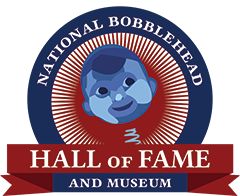
6 Things You Need to Know Before Trying Whole30 By Jaclyn London
Let’s start with what I like about the Whole30. First, the name is no joke: The Whole30 really is an eating plan that emphasizes real food — not processed meals and snacks that regularly sneak into our diets. It also has a built-in support system on social media that encourages accountability.
For those just tuning in, this buzzy diet skips sugar, alcohol, grains, legumes, and dairy for 30 days. It permits meat, seafood, eggs, veggies, fruit, and “natural fats” like vegetable oils, coconut oil, and tree nuts.
That said, this plan is not only restrictive, but it’s backed by zero scientific research to support its long-term efficacy and safety! Instead, it’s based on pure conjecture, anecdotal “evidence,” and generally inflammatory theories asking its followers to rely on deprivation instead of forming smart habits that stick.
U.S. News and World Report came to a similar conclusion during their annual Best Diets ranking. Panelists slammed Whole30 as having: “No independent research. Nonsensical claims. Extreme. Restrictive.” And even called it “the worst of the worst for healthy eating.”
Remember: Anything that’s extreme will be temporary by design will yield just as temporary results, which is no way to begin a healthier lifestyle. Finding what works for you within your everyday life is a key indicator of success. I’d encourage anyone considering this extreme diet to look to the top of the U.S. News and World Report list, like the DASH diet or Mediterranean diet.



